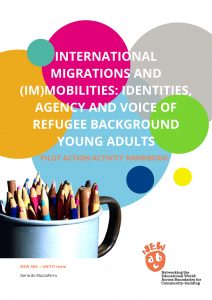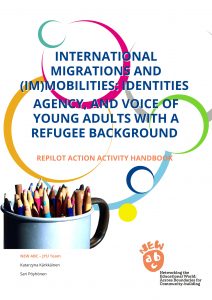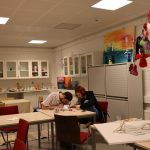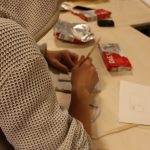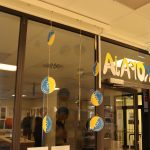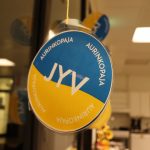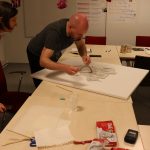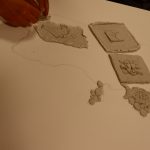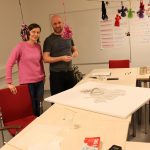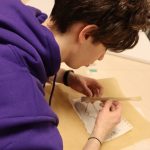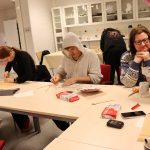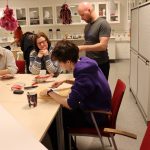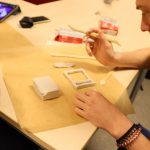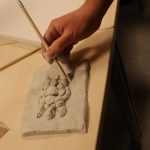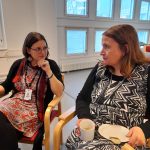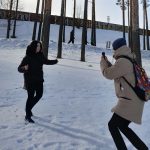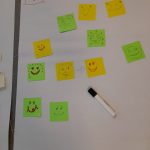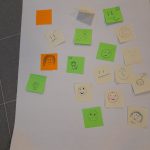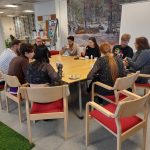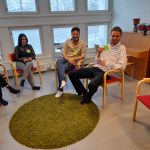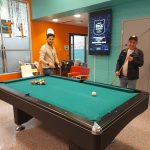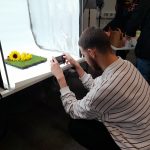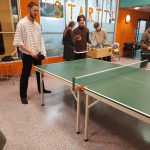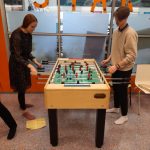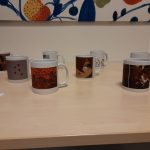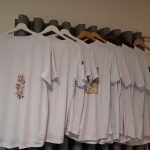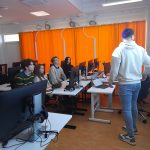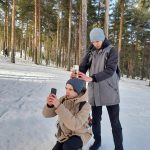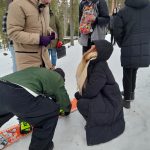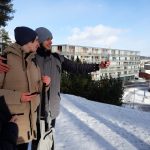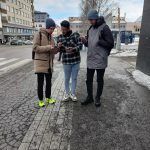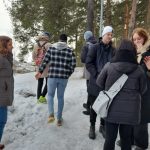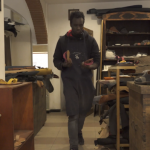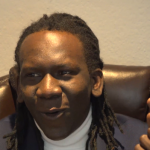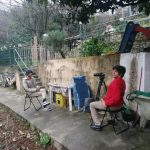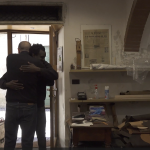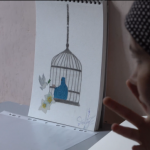NEW ABC wants to share some tips to make it easier for you to adapt the activities to your own context. Click on each of them to see a longer explanation with examples and further details.
Be ready to adjust your plan. Plan the project as flexibly as possible and accept that the situation changes, and sometimes things do not go as you expected.
- Be prepared to deal with uncertainty and modify your plans.
- Provide feedback throughout the project.
- Think about your own role as a producer and facilitator of the project.
- Think about what added value the project brings to the organisation and participants.
- Do not solve issues alone.
It takes time to build trust and relationships. Therefore,
- Create a safe (learning) environment with other professionals.
- Take time to negotiate the meaning of the main concepts and activities
- Discuss professional roles, rules, and boundaries (coaches, artists, researchers).
- Talk about difficult issues immediately and act as agreed.
Promote agency and equality of participants.
- Agree the main rules with participants.
- Prioritise diverse experiences of young adults.
- Ensure equal access to information for everyone participating in the activity.
- Encourage interaction in different languages and ways (using different modes).
- Guide activities carefully so that possible sensitive issues can be discussed and examined critically without blaming anyone.
- Listen!
Be realistic! Stakeholders do not necessarily have the same amount of time or resources.
- Reserve a good amount of time and human and economic resources for planning, implementing, and sustaining activities.
Not everyone is familiar with participatory research.
- Explain in a comprehensible way what participation in the study entails.
- Ensure that participation is voluntary throughout the project.
Be sensitive to participants' desire to maintain their privacy or be identifiable (including sharing artistic outputs across different media outlets and channels).
- The matters of being identified should be discussed and negotiated with participants.
- Agree rules for the dissemination of collaboratively co-created artistic outcomes.
Invest to maintain stakeholders' and participants' motivation. Be prepared to justify the benefits of the project now and in the future.
- Consider a particularity of participants’ life situations related to the experience of trauma, displacement, and social isolation.
- Consider various ways to adjust to the new circumstances.
- Provide a certificate of participation, including concrete examples of activities and learning outcomes.
Remember that you are a guest. Respect the organisation’s values and operating methods, ask, and learn.
- Enter a new institutional setting with an open mind and open learning.
- Ask – don’t assume!
Invest time for learning new ways of producing knowledge (e.g. a video project)–this can be slow and has many stages.
- Keep in mind that producing a shared output takes a lot of time and may involve creating a few versions before all parties involved are satisfied with the final output.
Discuss how once-developed activities could later be implemented in different organisations.
- Encourage collaborating institutional stakeholders to try activities in new contexts and adjust activities for new purposes.
Create a final event with participants and stakeholders. The project is the result of collaboration!
- The final event is also a great opportunity to exchange memories, reflect on activities, think of the next steps.
Share experiences with other researchers who have conducted arts-based participatory research or would like to do so.
- Talking to researchers who conduct similar activities can help you and them cope with difficult situations.
- Do not hesitate to develop new arts-based projects and new types of collaboration in new contexts.
Consider group dynamics while working with a group of participants.
- Encourage positive interactions and intervene in an immediate but sensitive manner in cases of negative interactions.
- Facilitating group dynamics is important in creating safe spaces.
Encourage continuous feedback on your project and research activities.
- Have informal conversations and organise regular feedback sessions.
 Type of action
Type of action